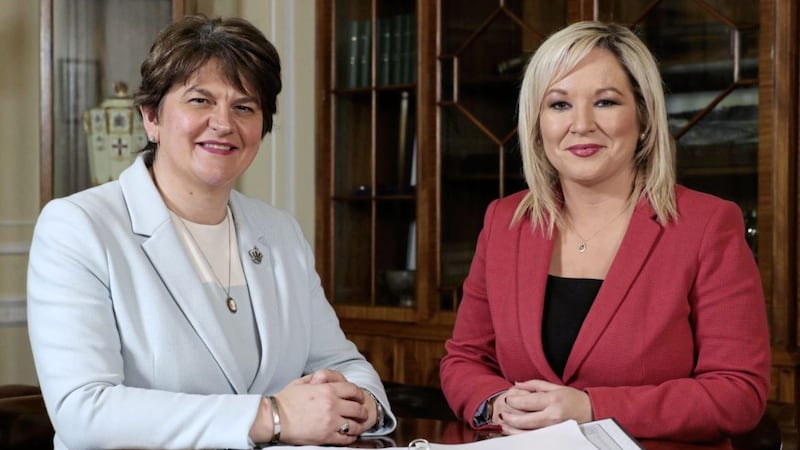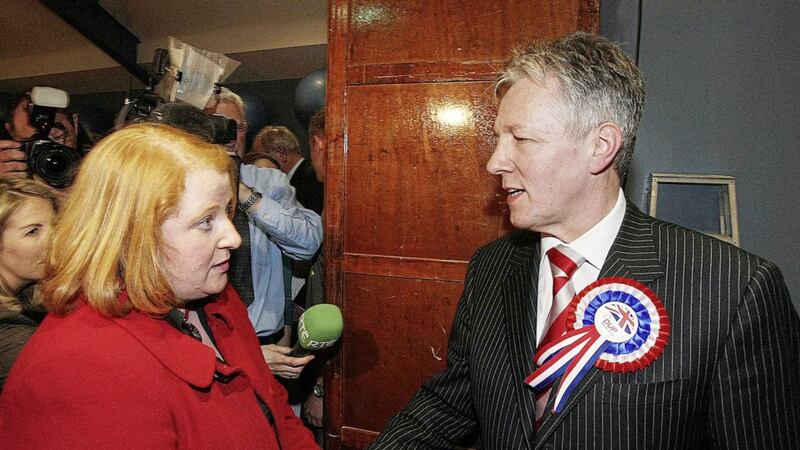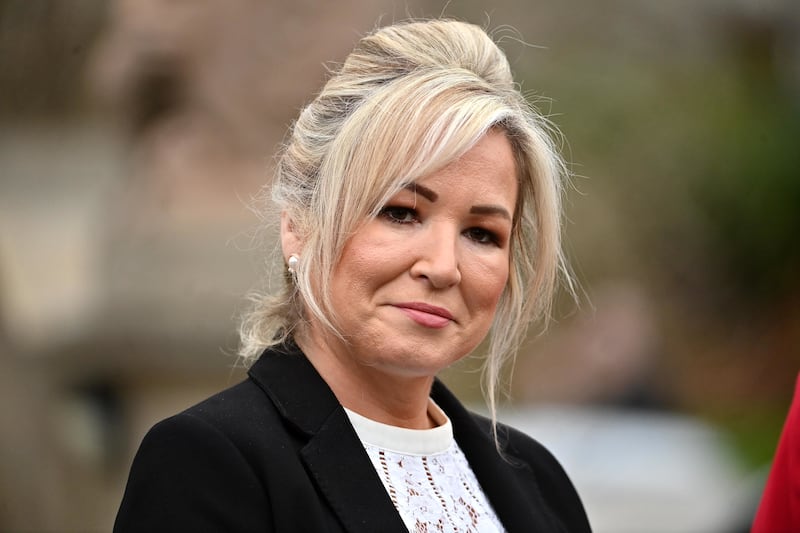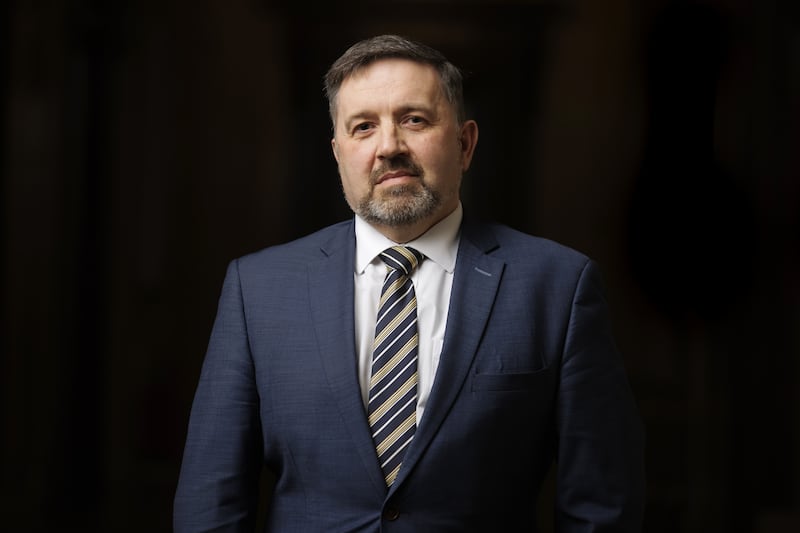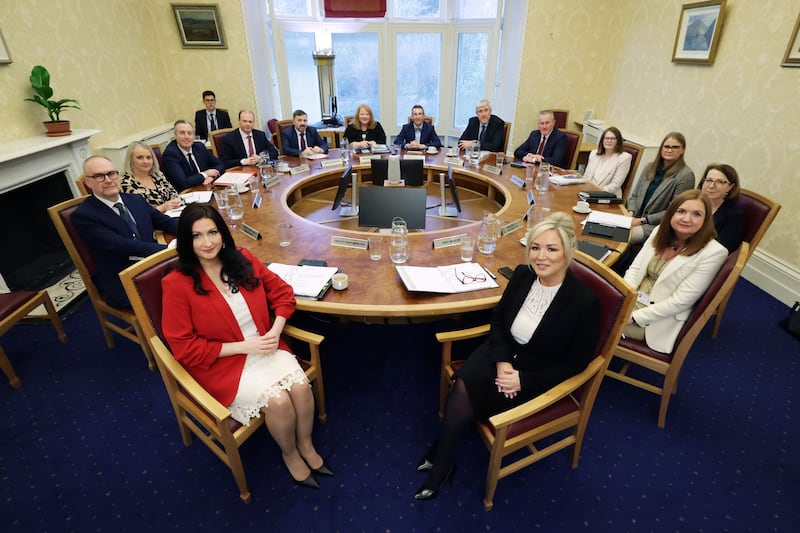WHILE the negotiations that led to the restoration of devolution were long and drawn out, that should be regarded as the easy bit.
The real hard work begins now and arguably people's expectations are greater this time around, with intense scrutiny of every major ministerial decision likely.
Perhaps the first thing we should do is call out any self-congratulatory notions Stormont's politicians may have about their role in bringing back the institutions.
They were suspended for three years due to their collective failure, whether it was clientelism, carve-up, or a refusal to put proper checks and balances in place.
It's obvious that it was only the potential to be punished at the polls which ultimately forced the hand of the DUP and Sinn Féin.
Had the Westminster election not resulted in bloody noses for both and had the health unions not been so vocal in their frustration, then it's very possible the political drift would've lasted another three years.
Read More: Leo Varadkar and Boris Johnson set to visit restored Stormont
But they're back; two familiar faces at the helm in Stormont Castle, with the many of the backroom staff from three years ago likely reinstated and the same civil servants helping implement policy.
The most pressing matter is the health crisis, which is both immediate and long-term.
The big two have shied away from the health portfolio this time around, leaving it instead to executive rookie Robin Swann, a man known more for his amiability than as the kind of hard-nosed taskmaster the role requires.
With Whitehall ready to stump up the cash to restore pay parity for nurses, a solution to the short-term problem is straightforward. However, restructuring the regional health service in the manner recommended by the Bengoa report will require difficult and unpopular decisions.
It's important that Mr Swann has the support of his executive partners when it comes to hospital closures and job cuts, otherwise the crisis will only deepen, as will the public's cynicism.
Read More: Michelle O'Neill facing huge test to follow Martin McGuinness
But making challenging decisions and planning strategically rather than expediently isn't the sole reserve of the health minister.
In finance, education, agriculture, the environment and the economy tough choices need to made in order to secure long-term sustainability.
The ministers tasked with tackling these matters are varied in their executive experience but again it'll be collective will and shared responsibility that ensures whether they are successful or not.
Overseeing all this will be Arlene Foster and Michelle O'Neill, the former with little over 12 months' experience as first minister, the latter taking up the deputy first minister's role for the first time.
The relationship between this pair and how they conduct themselves together in public will be crucial not just for the executive's image but for ensuring government functions free of rancour and daily battles.
Their past record doesn't augur well but in their initial addresses to the assembly both have made an effort to be conciliatory.
Let's hope it's a case of start as you mean to go on.
